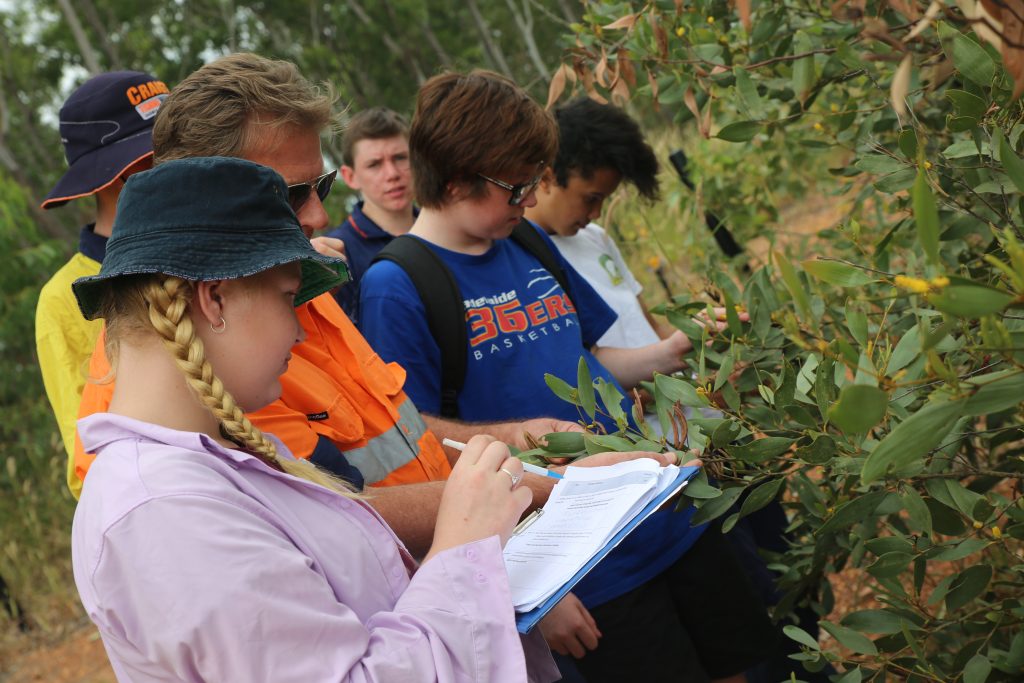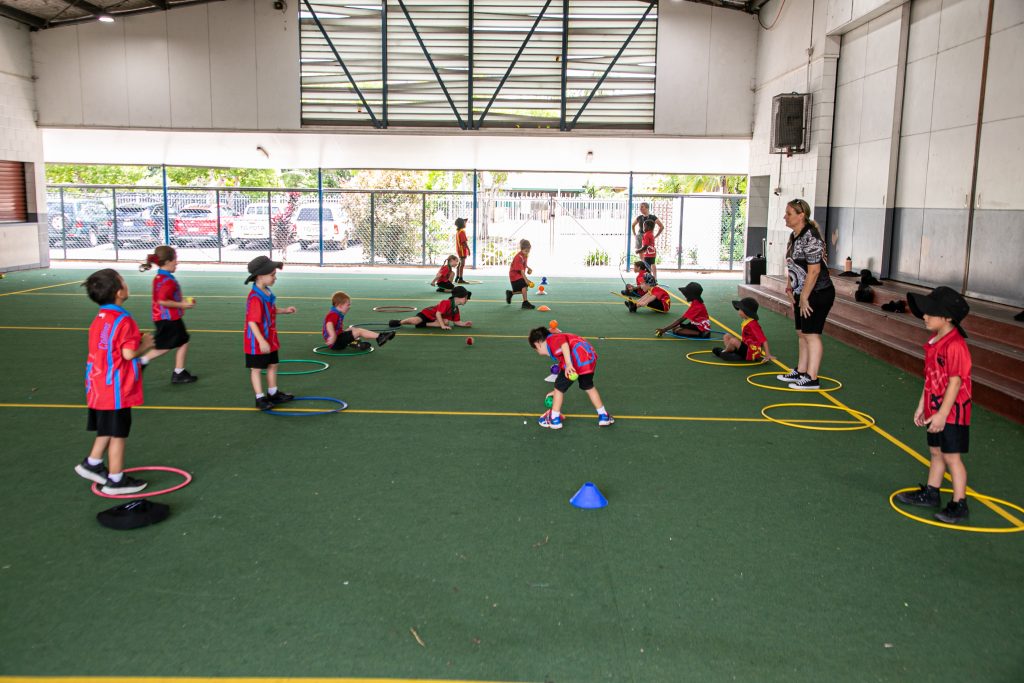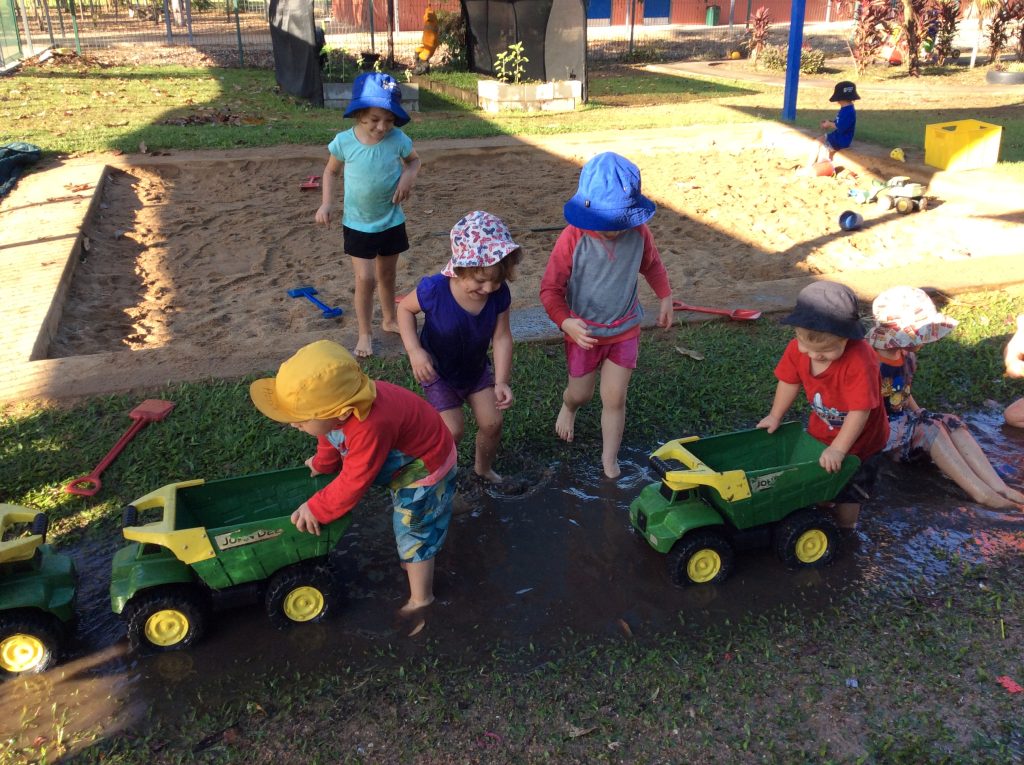MacKillop Catholic College Registered Training Organisation
MacKillop Catholic College is a registered training organisation (RTO) – National RTO Code: 45147, and delivers nationally accredited vocational education and training (VET) courses in a range of industry areas.
MacKillop Catholic College RTO provides nationally recognised training to students in years 9, 10, 11 and 12, as well as a range of courses for adult learners, that allows them to develop a range of work skills that could lead to entry level positions in a wide variety of industries. Students complete industry qualifications which are recognised Australia-wide which link to entry-level employment, apprenticeships or traineeships, and further training. As well as off-the-job training, programmes typically involve one or more structured work placements, where students have the opportunity to further gather skills in the workplace to enhance their theoretical knowledge and assist them in applying the practical skills to their industry.
Benefits for Students
- Gaining competencies leading to the award of a certificate recognised anywhere in Australia
- Successful completion of competencies entitles school students to Stage 1 credit towards the Northern Territory Certificate of Education and Training (NTCET)
- Developing skills and knowledge valued in the workplace
- Exposure to potential employers through structured work placements
- Increasing confidence and communication skills through learning in a work environment
For the full list of nationally accredited training programs that we deliver, please visit www.training.gov.au or go to our courses page.
Submit your expression of interest here to get started.
Contact
Please address any questions or concerns to:
Phone: (08) 8984 1438
Compliments, Complaints and Appeals
MacKillop Catholic College RTO has a strong focus on continuous improvement. We value your feedback and input into shaping the future of vocational and education training programs offered.
Compliments
At any time you can provide compliments, suggestions and general feedback about the course or the College RTO’s programs by contacting rto.admin@nt.
Complaints
The College RTO seeks to prevent complaints by ensuring that learners are satisfied with their training and its outcomes. All staff are expected to be fair, courteous and helpful in all dealings with learners. However should you or a parent, or other stakeholder have a complaint, it should be raised with the relevant staff member in the first instance. If the issue cannot be resolved, a formal complaint (in writing) should be put to the RTO Manager.
Appeals
An appeal is used when you disagree with the outcome of a decision. For example, if your trainer has said that your work is ‘Not Yet Satisfactory’ but you believe that you have completed the tasks correctly. By asking for an appeal, you are asking to have the work re-marked by a different trainer/assessor.
An appeal must be lodged within 10 school days of you being notified of the decision made by the College RTO. All appeals must be lodged in writing directly to the RTO Manager. Staff can assist you in lodging an appeal.
Recognition
Credit Transfer
Students who have evidence in the form of AQF certification or authenticated transcripts from any another RTO or from an AQF authorised issuing authority for units of competency relevant to this qualification will be given credit upon enrolment.
Recognition of Prior Learning
Recognition of Prior Learning (RPL) means an assessment process that assesses the competency(ies) of an individual that may have been acquired through formal, non-formal and informal learning, to determine the extent to which that individual meets the requirements specified in the training package or VET accredited course.
- Formal learning refers to learning that takes place through a structured program of instruction and is linked to the attainment of an AQF qualification or statement of attainment (for example, a certificate, diploma or degree);
- Non-formal learning refers to learning that takes places through a structured program of instruction, but does not lead to the attainment of AQF qualification or statement of attainment (for example, in-house professional development programs); and,
- Informal learning refers to learning that results through experience of work-related, social, family, hobby or leisure activities (for example work history and experience).
![]() PR 5.0 Recognition of Prior Learning and CT Procedure
PR 5.0 Recognition of Prior Learning and CT Procedure
Refund
See the attached form for queries regarding refunds.
 PR 7.0 Fees & Refund Procedure
PR 7.0 Fees & Refund Procedure
Submit your expression of interest here to get started!




